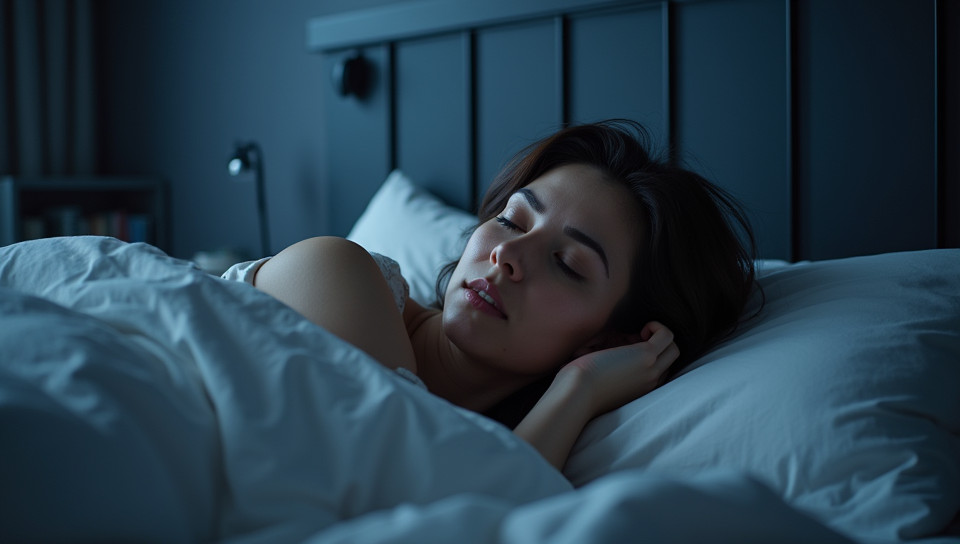Low melatonin is linked to depression and anxiety 77%

Low Melatonin: The Hidden Link to Depression and Anxiety
As we navigate the complexities of modern life, it's becoming increasingly clear that our sleep patterns are playing a critical role in our mental health. While many of us are aware of the importance of getting enough sleep, few realize that low melatonin levels may be contributing to depression and anxiety.
What is Melatonin?
Melatonin is a hormone produced by the pineal gland that regulates our sleep-wake cycles. It's often referred to as the "sleep hormone" because it helps us fall asleep and stay asleep throughout the night. But melatonin does more than just help us get a good night's rest – it also plays a role in mood regulation, stress management, and overall well-being.
The Link Between Melatonin and Mental Health
Research has shown that individuals with depression and anxiety often have lower levels of melatonin than those without these conditions. This is because melatonin helps regulate the neurotransmitters serotonin and GABA, which are both involved in mood regulation and stress response. When melatonin levels are low, it can disrupt this delicate balance, leading to feelings of sadness, anxiety, and unease.
Why Do Melatonin Levels Decline?
There are several reasons why melatonin levels may decline, including:
- Lifestyle factors: Irregular sleep schedules, lack of physical activity, and exposure to screens before bedtime
- Dietary habits: Consuming heavy meals close to bedtime, drinking caffeine or nicotine, and avoiding certain nutrients like magnesium and potassium
- Health conditions: Sleep disorders, thyroid problems, and certain medications can all impact melatonin production
What Can You Do?
Fortunately, there are steps you can take to boost your melatonin levels and improve your mental health. Here are a few tips:
- Establish a consistent sleep schedule and create a relaxing bedtime routine
- Exercise regularly, but avoid vigorous activity before bedtime
- Eat a balanced diet that includes foods rich in magnesium and potassium
- Avoid screens for at least an hour before bed and create a dark, quiet sleep environment
Conclusion
Low melatonin levels are a common thread running through many cases of depression and anxiety. By understanding the link between these conditions and making simple lifestyle changes, we can take control of our mental health and improve our overall well-being. Whether you're struggling with feelings of sadness or anxiety, taking steps to boost your melatonin levels could be just what you need to start feeling better.
- Created by: Maria Reed
- Created at: Oct. 13, 2024, 9:45 a.m.
- ID: 12340








